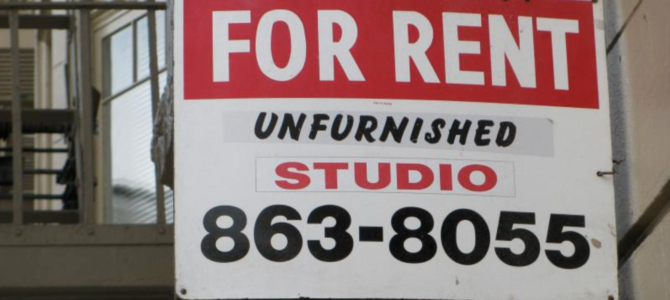
One witticism about the world economy illustrates just how interconnected things have become: When America sneezes, the whole world gets a cold. And when Beijing bellows, interesting things happen in Vancouver, British Columbia.
As the anti-extradition bill protests and pro-Beijing crackdowns in Hong Kong escalate, many residents will consider relocating to the Canadian city. After all, they have a right to be there.
The Making of ‘Hongcouver’
Leading up to the handover of Hong Kong from the U.K. government to the People’s Republic of China in 1997, residents made a mad scramble to secure passports from other countries. The biggest granter of passports was Canada. The closest competitor was the United Kingdom, with its British National Overseas passports, but those do not include the right of permanent emigration.
To an extent, this made good sense. Canada is a commonwealth country that had extensive trade ties to China by way of Hong Kong. It already had a great deal of experience with dual citizenship because of the huge number of Canadians who move to and from the United States every year.
It wasn’t simple humanitarianism or Commonwealth fellowship that drove this expansion of dual Hong Kong-Canadian citizenship, however. Much of it was a straight cash transfer. Canada allowed rich, would-be residents to effectively buy passports by jumping through a few hoops and investing several hundred thousand loonies in Canada. They could bring the money in by buying real estate or starting a Canadian-based business.
Much of the newly turned-over real estate sold was in and around Vancouver, thus giving rise to the somewhat pejorative nickname “Hongcouver.” Many Hong Kong residents lived in, attended school in, or visited Vancouver for a while around the time of the turnover. But as it became apparent Beijing was governing with a light hand, these Canadian passport-holders the moved back to Hong Kong in droves.
A report based on a telephone survey of 507 Hong Kong residences by the Asia Pacific Foundation of Canada was provocatively titled “Hong Kong: Canada’s Largest City in Asia.” Released in 2011, the report came up with a “conservative estimate” of about 300,000 Canadian citizens living in Hong Kong. Other estimates are in the 350,000 to 400,000 range. Yet even at the lower number, just under 8 percent of Hong Kong households had at least one Canadian passport-holder residing there.
All of these passport-holders have the right to get on an airplane at Hong Kong International Airport, fly to North America, and never look back. If enough of them decide to do so, they’ll end up evicting quite a few Vancouver residents in the process.
British Columbia Backlash
In fact, overseas real estate holdings in Vancouver were so extensive that it fueled a political reaction at the provincial and municipal levels. The British Columbia legislature passed Bill 28 in 2016 and followed on with the Speculation and Vacancy Tax.
Bill 28 slapped an additional 15 percent fee on most overseas home buyers and amended Vancouver’s charter to allow for a tax on vacant residential properties. Vancouver then passed the Empty Homes Tax. When you add the Speculation and Vacancy and the Empty Homes taxes together, some homes “deemed empty” get hit with a tax bill for 3 percent of the property’s total assessed value for every new year of vacancy.
At Vancouver real estate prices, that’s a lot of money. In one case, an empty mansion resulted in a $200,000 tax bill for its Chinese owner. The new taxes led to many high-value properties being rented out cheaply and quickly. The Vancouver Sun explained all these bargains popping onto the rental market thusly: “An $8 million home renting out at $4,000 a month gives the owner a rate of return of just over one half of one percent – but it’s better than paying hundreds of thousands in vacancy taxes.”
Real Estate Parachutes
Yet even with an annual tax bill of 3 percent of the full assessed value of the property, Vancouver vacancies remain high. A Point 2 Homes survey found, “Of Canada’s largest cities, Vancouver, BC has the highest share of empty dwellings: its 8.2% rate translates into about 25,000 vacant homes.” Owners of some of those homes can escape the tax bill by claiming “development,” but tax assessors are granting such exemptions grudgingly.
Hong Kong residents own a good number of those empty units. Why keep such a money pit on the personal balance sheet? Surely one reason wealthy Hong Kongers continue to own idle real estate in Vancouver is as a parachute. It’s a good bet that if the unrest continues in Hong Kong well into this year, a large number of them pull the cord.









